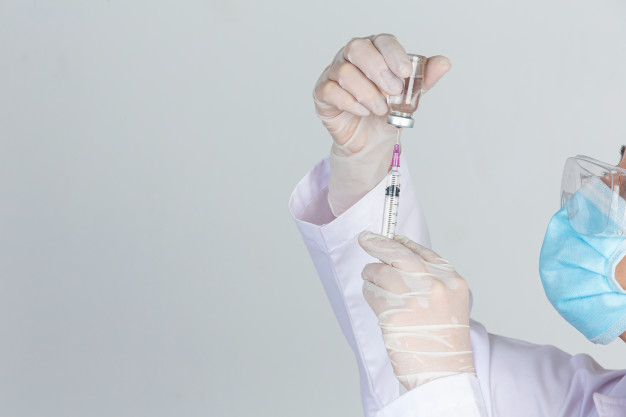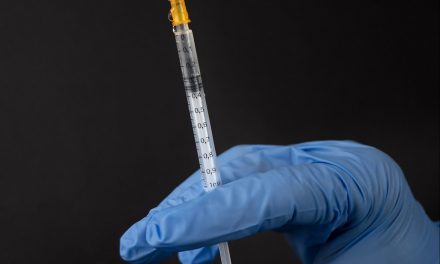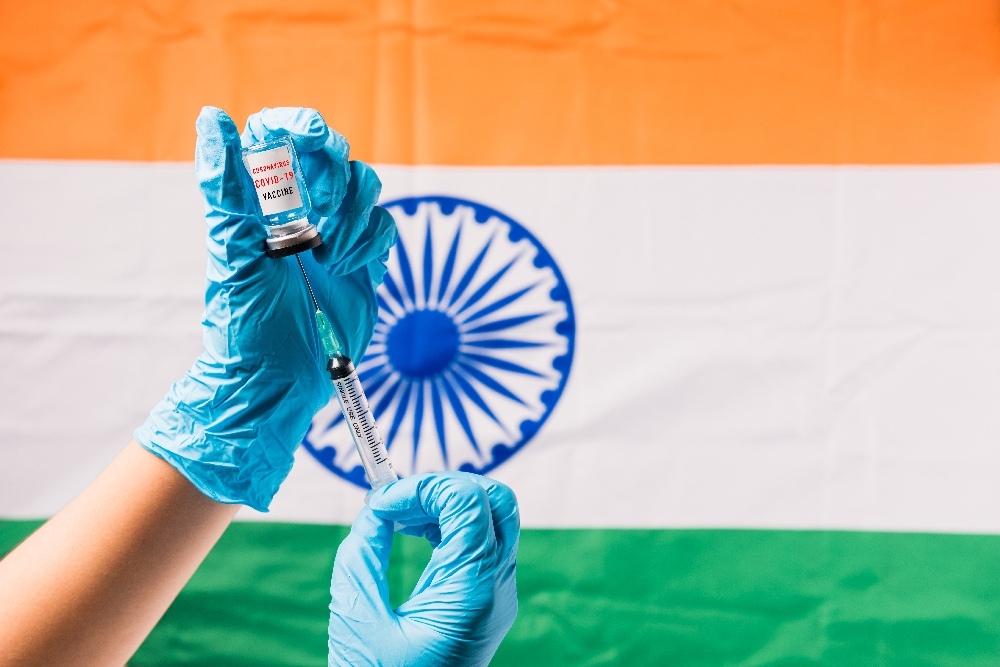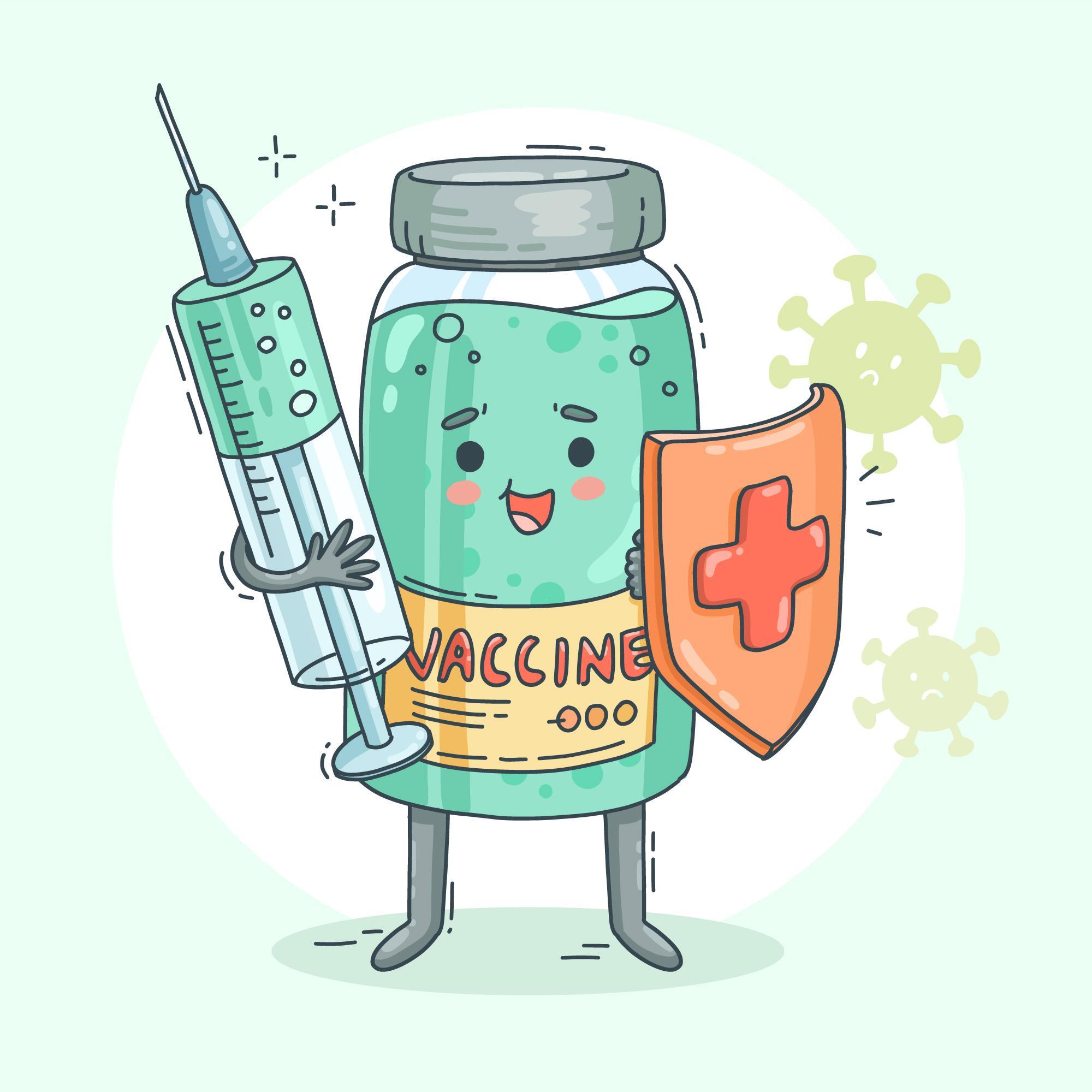DTP vaccine is a combination of vaccines that builds your immunity against three infectious diseases, including:
- Diphtheria
- Pertussis (whooping cough)
- Tetanus
Before we dive deeper into the details of these diseases, here’s a quick background check to know about the vaccine better.
DTP Vaccine: History
When the world became smallpox-free after the invention of its vaccine, the DTP vaccine was the next routine vaccination.
The spread of Diphtheria, Tetanus and Pertussis occurred with a rage across the world. Therefore, medical researchers discovered the DTP vaccine as a combination to stay protected against all three of these.
Though the vaccines included in the routine infant vaccination vary from country to country, heath care professionals recommend DTP vaccine in almost all countries.
What Is Diphtheria?
Diphtheria is an infectious disease that spreads from person to person through the air droplets that are released while coughing or sneezing.
What Causes It?
A bacteria known as Corynebacterium diphtheriae is responsible for causing Diphtheria.
This bacteria produces the toxin that further spreads from one person to another.
Types Of Diphtheria
The illness mainly attacks two areas in your body. It’s either Respiratory Diphtheria or Skin Infection Diphtheria.
Respiratory Diphtheria
The bacteria that produces the Diphtheria toxin in the first place infects the respiratory system.
It causes the formation of a thick coating in the throat or nose therefore, making it hard for the person to breathe normally.
Fever, swollen neck and bad throat are the most common symptoms.
In severe cases, it can even lead to heart blockage, paralysis and death of the infected person.
Skin Infection Diphtheria
The Diphtheria bacteria causes skin infection in the form of ulcers and open sores. However, it is relatively less harmful than the respiratory system.
In this case, the infection spreads by touching the skin of the infected person.
How To Prevent It?
Getting the DTP vaccine in time is the best preventive measure to keep Diphtheria at a good distance from you.
Treatment Of Diphtheria
After diagnosing the Diphtheria infection in children, doctors usually hospitalize them to prevent the further spread of the disease.
If your child does not report any skin allergies, the doctor might recommend giving them the Diphtheria antitoxin to counterbalance the bacteria.
Some specific Diphtheria antibiotics are also helpful in fighting against the illness.
What Is Tetanus?
Getting wounds and cuts is a part of the kid’s childhood, but if your kid is not vaccinated against Tetanus, minor injuries can be a way for the tetanus bacteria to enter the body.
What Causes It?
The bacteria known as Clostridium tetani is responsible for causing the tetanus infection. The bacteria is quite uncommon from the usual disease-causing bacteria.
Strains of this bacteria are generally present everywhere around the environment, including Soil, dust etc.
However, not all the cuts in the skin make way for this bacteria. Tetanus bacteria enter through certain cuts like
- injuries tainted with poop or dirt
- cuts caused by sharp objects like Iron nails or needles
- burn wounds
Other than these, surgical or dental procedures, major fractures, or serious skin injuries can also be a source for the bacteria to penetrate into the bloodstream.
How To Identify If Someone Has Tetanus?
One of the most identifiable symptoms of Tetanus is having a locked jaw.
Tetanus-infected persons find it difficult or even unable to move the jaw and open their mouths. It further disrupts their common breathing and swallowing patterns.
Here are the other symptoms you should be on a lookout for:
- Experiencing muscle cramps in your body or commonly in your stomach
- Headache and fever
- Breathing difficulties
Major complications from the infection include lung infection, Pneumonia or even death in a few rare cases.
How To Prevent Tetanus?
Doctors and Medical professionals treat the infected persons with the help of drugs, antibiotics and other specific medicines, including TIG( Tetanus Immune globulin)
When it comes to giving legible protection to your child against this infection, DTP vaccination is a must.
It is safe with rare chances of a few side effects. These side effects are mild and hence, do not have any health consequences.
Treatment Of Tetanus
Once the doctor diagnoses and confirms the symptoms of Tetanus in the infected person, they begin the cure by treating the wounds.
The Medications for Tetanus include Antitoxin therapy, sedatives and other antibiotics against the tetanus bacteria.
What Is Pertussis?
Pertussis is a highly contagious illness that mainly attacks the respiratory system in the body.
Unlike Diphtheria, Pertussis is a human disease and spreads only among humans.
What Causes It?
It is caused by a bacteria known as Bordetella pertussis.
People infected with Pertussis stay quite contagious up to two weeks after catching the disease.
The disease spreads through coughing, sneezing and transfers into you if you stay in proximity and breathe the same air as the infected person.
How To Identify If Someone Has Pertussis?
In the early stage, the illness appears like a common cold with symptoms including- fever, runny nose or minimal cough. Therefore, it can be difficult to detect it for the first 1-2 weeks.
When it comes to detecting the Pertussis signs in babies, it can be dangerous and can require urgent hospital care. Infected babies experience a sign called ‘apnea’- long pauses while breathing.
As the main symptoms begin, the infected person experiences frequent and rapid fits of violent coughing. These coughing episodes are usually exhausting to an extent where the person is likely to throw up repeatedly.
Is Pertussis Fatal?
Although Pertussis (whooping cough) is known to have many complications in babies, the chances of dying from it are rare.
Some of the major consequences of Pertussis are-
- Convulsions(violent shaking)
- Lung infection
- Encephalopathy( brain illness)
How to Prevent Pertussis?
While there are some preventive antibiotics that the doctors recommend for people who are at high risk of illness, vaccines are still the ultimate solution against pertussis infection.
Medical professionals recommend DTP Vaccine for babies and children younger than seven years of age.
Treatment Of Pertussis
Once your healthcare providers diagnose and confirm the symptoms of Pertussis with the help of analysis and lab tests, early treatment is ensured.
Doctors usually begin the treatment with the help of specific antibiotics meant for the same.
Hospitalization is quite common among kids infected at or below one year of age.
When Should Your Baby Get The DTP Vaccine?
In order to form a high protection level against the illness, doctors recommend five shots of vaccination for your baby.
These shots are suggested at the age of-
- Two months
- Four months
- Six months
- 15-18 months
- 4-6 years
According to the prevalence of the disease in your country, your healthcare professional will determine whether the baby will get the DTP vaccine.
Conclusion
DTP vaccine is extremely important to protect your kid against three serious illnesses, including Diphtheria, Tetanus and Pertussis(whooping cough). Therefore, talk to your healthcare professional and make sure to vaccinate your kid with DPT before seven years of age.
In case you miss the vaccine, there’s yet another modified version called Tdap vaccine. It secures older kids, preteens and even adults against these three illnesses.
Read more: About Hepatitis-B Vaccine







Recently, one of our son’s friends got really sick, and it made us worry about our child’s health and immune system. We’re glad you talked about the DTP vaccine and how it protects a child, so we’ll ask about it right away. We appreciate your insight on vaccinating our child with the DTOP vaccine five times at different ages.